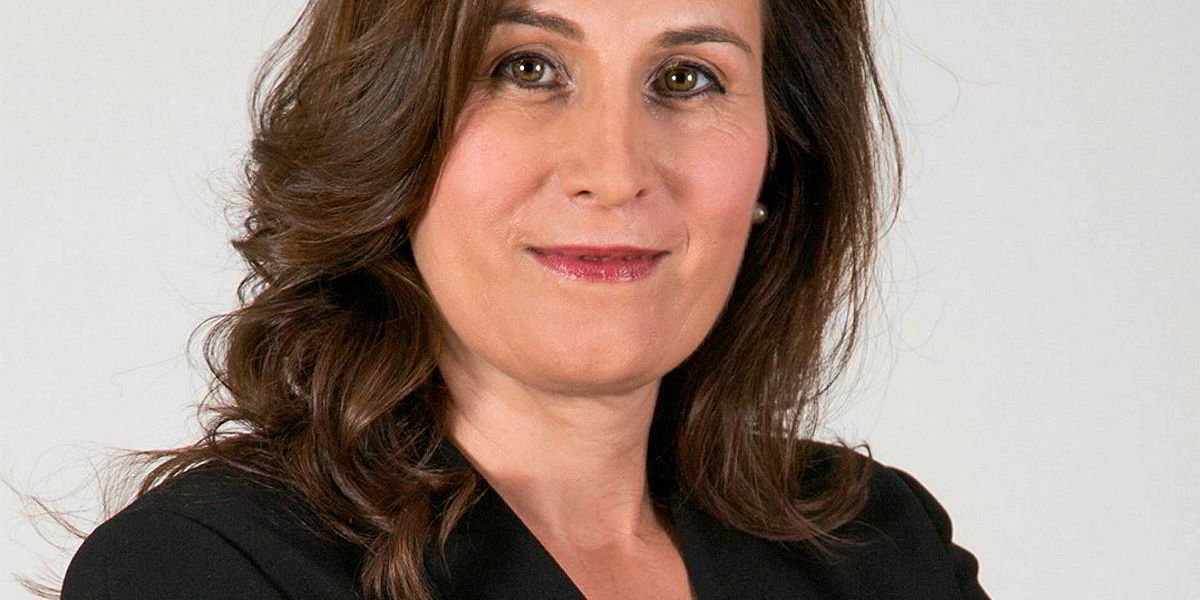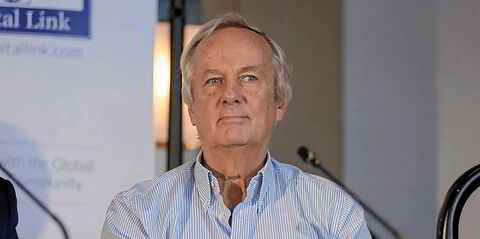Charo Coll, recently elected president of the International Salvage Union (ISU), says she is hoping to resolve the salvage industry's issues with marine insurers over emergency response Lloyd’s Open Form (LOF) contracts.
Coll, who is also general manager of Spanish tug giant Boluda Corporacion Maritima’s salvage division, says it is the ISU’s policy to support the use of LOF contracts in their “un-amended form”.
This goes against the trend of insurers adding clauses to the traditional "no cure, no pay" LOF contract that insist on caps on final awards or the introduction of tariff rates rather than allowing the award to be settled based on the value of the salved vessel and cargo or in arbitration.
“There seems to be a determination by some shipowners and their hull underwriters — especially in the Northern Europe shipping markets — to avoid using LOF contracts and, if an LOF contract is used, in some cases to require the use of 'side letters' and agreements,” she explained.
One idea Coll says the ISU is willing to consider is a compulsory requirement to report any amendments to LOF contracts when they are notified to the Lloyd’s insurance market.
Coll adds that the ISU members are struggling to accept insurers’ proposals for changes to the LOF agreements incorporating SCOPIC, or the Special Compensation P&I Clause.
Under SCOPIC, salvors receive “special compensation” at an agreed rate when the salvage award is likely to fall short of their expenses.
But ISU members are arguing against a proposal to change the SCOPIC rate related compensation when a contract is terminated. “The difficulty has been in connection to proposed changes to SCOPIC including the termination arrangements where ISU believes that proposals will leave the contractor worse off. We hope to resolve these matters in the coming year,” she said.
Coll predicts LOF contracts could rise to as many as 50 this year, up on the 34 agreed in the previous year, but says the long-term trend remains a reduction in its use. “We know the days of 100 LOFs each year have gone,” she said. In 2016, each LOF case earned salvors an average of $2m.



